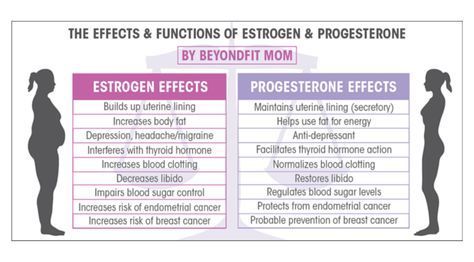Weight loss is a topic that many people are obsessed with. The internet is flooded with countless fad diets and quick-fix solutions promising rapid weight loss. However, the key to achieving long-term success lies in slow and steady progress. Sustainable weight loss is not about crash diets or extreme measures; it is about adopting a healthy lifestyle that you can maintain for the long haul.
The Dangers of Rapid Weight Loss
Before delving into the benefits of slow and steady weight loss, it is essential to understand the dangers of rapid weight loss. Crash diets and extreme measures that promise quick results may seem tempting, but they often come with significant risks. When you lose weight too quickly, your body can experience several negative effects:
Loss of muscle mass: Rapid weight loss often leads to the loss of not only fat but also valuable muscle tissue.
Nutritional deficiencies: Drastic calorie restrictions can result in inadequate intake of essential nutrients.
Metabolic slowdown: Your body adjusts to a lower calorie intake, slowing down your metabolism, making it even harder to lose weight in the long run.
Weight regain: Crash diets are not sustainable, and the weight lost during the extreme phase is often regained once the plan is abandoned.
Health risks: Rapid weight loss can have adverse effects on your heart, liver, and overall health.
The Benefits of Slow and Steady Weight Loss
Now that we have explored the dangers of rapid weight loss, let’s focus on the benefits of taking a slow and steady approach:
1. Sustainable lifestyle changes
Sustainable weight loss involves making permanent changes to your lifestyle. By taking baby steps and gradually incorporating healthy habits, you increase the chances of maintaining your progress in the long term. Rather than drastically cutting out entire food groups or severely restricting calories, focus on balanced nutrition and portion control.
2. Preservation of lean muscle mass
When you lose weight slowly, you prioritize the preservation of lean muscle mass. This is important because muscle plays a vital role in boosting metabolism and overall strength. By engaging in regular exercise and consuming adequate protein, you can retain your muscle mass while shedding excess fat.
3. Development of healthy eating habits
Slow and steady weight loss allows you to develop healthy eating habits that can be sustained for life. Instead of relying on crash diets, focus on creating a well-rounded, nutrient-dense plate. Incorporate a variety of fruits, vegetables, whole grains, and lean proteins into your meals. Gradually reduce your intake of processed foods, added sugars, and unhealthy fats.
4. Improved overall well-being
By adopting sustainable weight loss practices, you can enhance your overall well-being. Nourishing your body with nutritious foods and engaging in regular physical activity not only helps with weight management but also improves your mood, energy levels, and reduces the risk of chronic diseases.
5. Long-term weight maintenance
One of the most significant advantages of slow and steady weight loss is the increased likelihood of maintaining your weight loss in the long run. By making gradual changes to your lifestyle, you gain a better understanding of your body’s needs and develop a sustainable routine that supports your weight maintenance goals.
Final Thoughts
While it may be tempting to seek rapid weight loss, the real secret lies in slow and steady progress. By adopting sustainable lifestyle changes, preserving lean muscle mass, and developing healthy eating habits, you set yourself up for long-term success. Remember, achieving sustainable weight loss is not a sprint; it is a journey that requires patience, commitment, and perseverance. So, embrace the slow and steady approach and watch as the results surpass your expectations.






